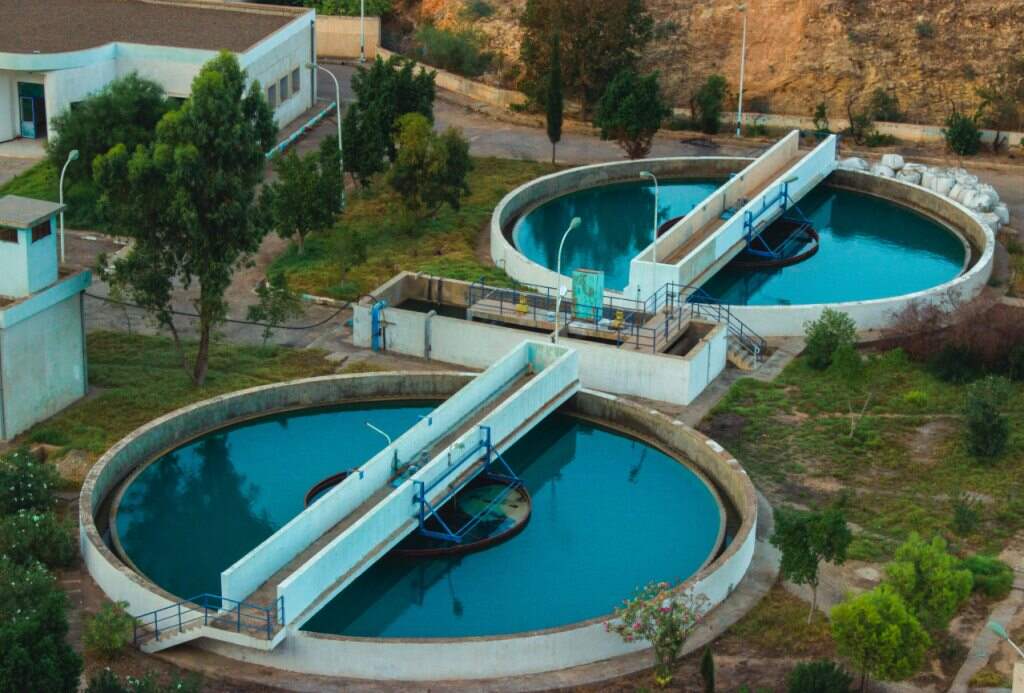The Executive Committee of the National Mission for Clean Ganga has approved Seven projects worth around Rs. 692 crore. Out of these, four projects are dedicated to sewage management in Uttar Pradesh and Bihar. National Mission for Clean Ganga or NMCG has so far sanctioned a total of 452 projects worth around Rs. 38,126 crore out of which 254 have been completed.
Sewage treatment plants in Uttar Pradesh and Bihar
For sewage management in Uttar Pradesh, three projects worth Rs. 661.74 crore were approved in the meeting. These include creation of a 100 million litres per day Sewage Treatment Plant in Lucknow along with Interception and Diversion works under Hybrid Annuity Mode.
Another project for Interception and Diversion of balance discharge of Dariyabad Pipalghat and Dariyabad Kakahraghat drains and construction of a 50 million litres per day Sewage Treatment Plant in Prayagraj was approved. This project costing around Rs. 186.47 crore will augment the existing treatment capacity of Naini Sewage Treatment Plant in sewerage district-A in Prayagraj to 80 million litres per day.
In a smaller project, a 6 million litres per day Sewage Treatment Plant, Interception and Diversion and other works in Hapur was also approved to stop the flow of Hapur city drain into River Kali, which is a tributary of River Ganga.
Two Sewage Treatment Plants with capacity of 5 and 7 million litres per day at an estimated cost of Rs. 74.64 crore for tapping of Pipra ghat drain and Chhatiya ghat drain respectively along with Interception and Diversion works was also approved in National Mission for Clean Ganga’s 50th Executive Committee meeting for Raxaul town in Bihar. This project is expected to abate pollution in Sirsiya River that originates in Nepal and enters Bihar at Raxaul in East Champaran district.
Water Management
In an important step for effective management of water in urban areas, a project envisaging preparation of 60-70 Urban River Management Plans in two phases has also been approved costing around Rs 20 crore. During the first year, 25 Urban River Management Plans shall be prepared and 35 Urban River Management Plans shall be prepared during the second year.
Project funded by World Bank
The first phase would cover 25 cities from five main stem Ganga basin states: Dehradun, Haridwar, Rishikesh, Haldwani & Nainital in Uttarakhand; Lucknow, Varanasi, Agra, Saharanpur & Gorakhpur in Uttar Pradesh; Patna, Darbhanga, Gaya, Purnea and Katihar in Bihar; Ranchi, Adityapur, Medininagar, Giridih and Dhanbad in Jharkhand and Asansol, Durgapur, Siliguri, Nabadwip and Howrah in West Bengal. This project is part of the River-Cities Alliance under Namami Gange, which provides cities opportunities to cooperate, work together, learn from each other’s best practices, share knowledge, thus paving the way for Gyan Bhagidari, which will lead to transformational solutions. This project will be funded by World Bank. River-Cities Alliance which started with 30 members in 2021 now has more than 140 members, including international cities.
M.Sc. Course in Freshwater Ecology and Conservation
In a first-of-its-kind project, one project was approved for initiation of M.Sc. Course in Freshwater Ecology and Conservation at Ganga Aqualife Conservation Monitoring Centre, Wildlife Institute of India, Dehradun at an estimated cost of Rs. 6.86 crore for 10 years. The proposal aims to develop a cadre of ecologists and field biologists, with expertise in freshwater ecology for effectively managing the freshwater resources and its biodiversity in India.
The project addresses the need for scientific knowledge and skilled professionals in the field of freshwater ecology and conservation. It aims to train a new generation of field researchers and ecologists to effectively manage and conserve freshwater ecosystems in India. The project will offer a two-year M.Sc. Course in Freshwater Ecology and Conservation spanning four semesters. The curriculum will cover various aspects of freshwater ecosystems, their biodiversity, and the impact of drivers on these ecosystems.
One project for the construction of an electric crematorium at Barkola, Kharagpur in West Bengal has also been approved.

